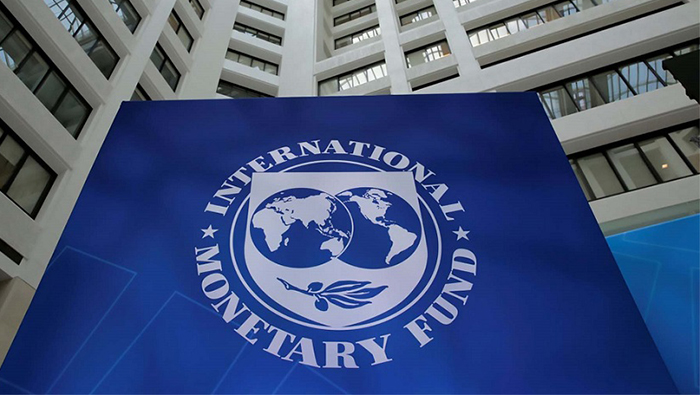
Islamabad: Pakistan was able to obtain a bailout from the International Monetary Fund (IMD), but only after the US played a significant "behind-the-scenes" role, according to a report by Dawn citing diplomatic sources.
The recent staff-level agreement (SLA) came only after an eight-month delay in releasing funds from a 2019, 6 billion USD loan. The US supported Pakistan throughout the process but also insisted that they implemented the reforms they agreed with the IMF, Dawn quoted a diplomatic source.
According to these sources, "Pakistan Foreign Minister Bilawal Bhutto-Zardari had at least two telephonic conversations with US Secretary of State Antony Blinken over the issue. The matter was also discussed in face-to-face meetings between the two leaders".
"The Pakistan embassy in Washington maintained regular contacts with officials at the US Treasury and State Department. At the Treasury, they worked with Deputy Under Secretary Brent Nieman, who oversees international financial matters," the source added.
The embassy also sought the support of key US lawmakers, including Senator Lindsey Graham who met a Pakistani team days before the deal, Dawn reported
The breakthrough came last month when Pakistan PM Shehbaz Sharif met IMF Managing Director Kristalina Georgieva in Paris and asked her to release the critical tranche of 1.1 billion USD withheld since November.
Pakistan and the IMF on June 30 reached a long-awaited staff-level agreement (SLA) on a 3 billion USD "stand-by arrangement" (SBA), the global lender announced.
"I am pleased to announce that the IMF team has reached a staff-level agreement with the Pakistani authorities on a nine-month Stand-by Arrangement (SBA) in the amount of SDR 2,250 million (about 3 billion USD or 111 per cent of Pakistan's IMF quota)," Nathan Porter, the IMF's Mission Chief to Pakistan, said in a statement.
He added, "The new SBA builds on the authorities' efforts under Pakistan's 2019 EFF-supported programme which expires end-June. This agreement is subject to approval by the IMF's Executive Board, which is expected to consider this request by mid-July".
The deal comes after an eight-month delay and offers some respite to Pakistan, which is battling an acute balance of payments crisis and falling foreign exchange reserves.
According to Geo News, the federal government has taken a slew of policy measures since an IMF team arrived in Pakistan earlier this year, including a revised 2023-24 budget last week to meet the lender's demands.
Other adjustments demanded by the IMF before clinching the deal included reversing subsidies in power and export sectors, hikes in energy and fuel prices, jacking up the key policy rate to 22 per cent, a market-based currency exchange rate and arranging for external financing.
It also got Pakistan to raise over 385 billion rupees (USD 1.34 billion) in new taxation through a supplementary budget for the 2022-23 fiscal year and the revised budget for 2023-24.
The painful adjustments have already fueled all-time high inflation of 38 per cent year-on-year in May, as per Geo News.